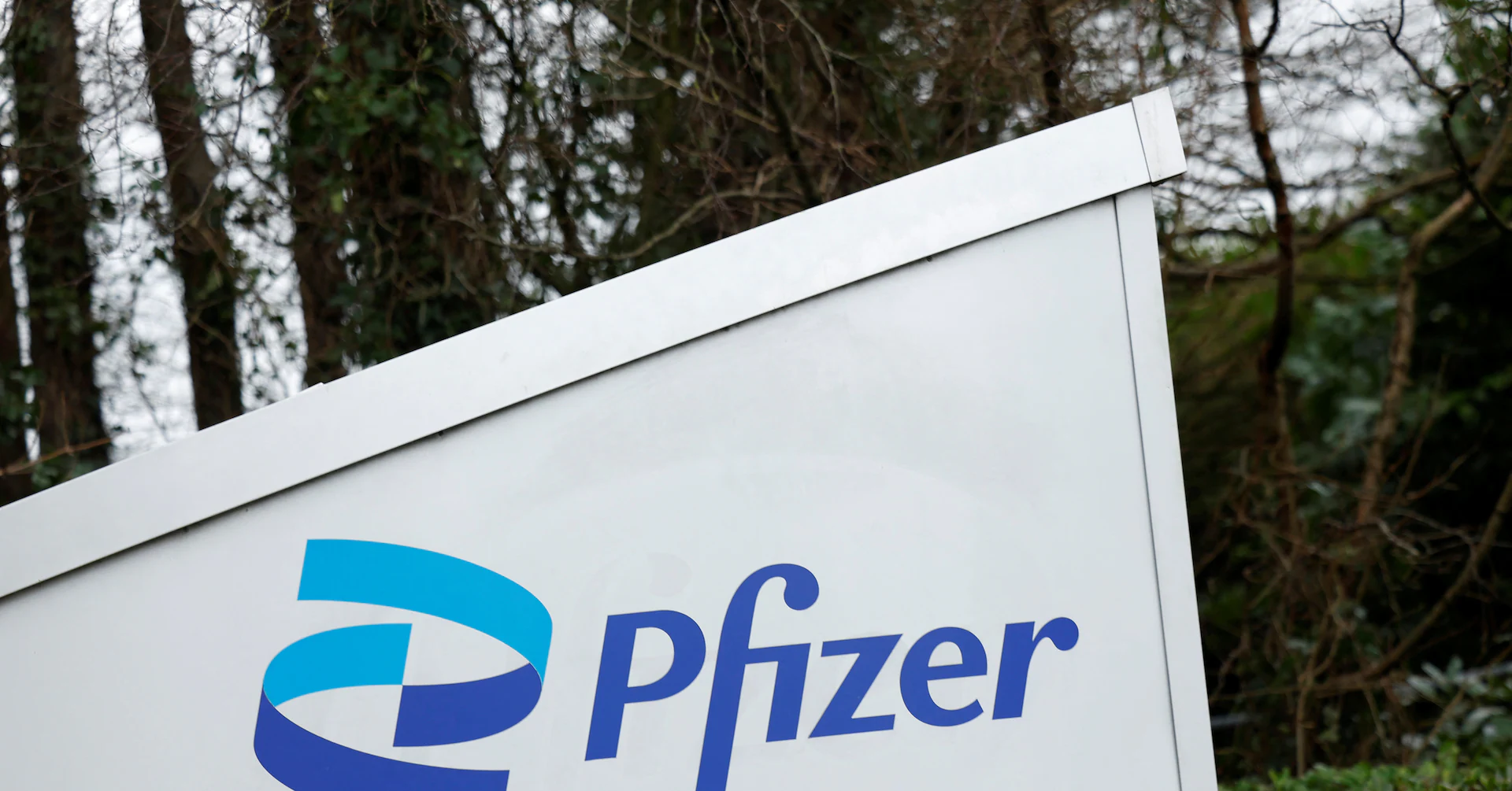Copyright The Boston Herald

The Massachusetts Joint Committee on Financial Services is considering legislation that could help level the playing field for the more than 700,000 small businesses across the Commonwealth. The bills in question — S.688 and H. 1259 would both prohibit credit card companies from collecting interchange fees on taxes and tips, while H. 1259 would go further and prohibit fixing of interchange fees and clear disclosure of these fees on monthly statements. Both bills represent a a long-overdue step toward restoring fairness in a marketplace dominated by a modern-day credit card cartel. Many consumers don’t realize that every time they swipe, tap, or insert a credit card — whether to buy an iced coffee or a tank of gas — the store must pay what’s called a “swipe fee” to the credit card network and issuing bank. These fees typically range from 2% to 4% of the total purchase price. On paper, that may seem like a drop in the bucket. After all, what’s 3% on a $2 candy bar? But in practice, “swipe fees” are devastating for hardworking business owners operating on razor-thin margins. Merchants across the U.S. lost more than $148 billion to “swipe fees” last year alone — a $12 billion increase from 2023. Even worse, these charges are tacked onto taxes and tips — money that never belonged to the banks in the first place. And “swipe fees” will continue to rise year after year thanks to severe consolidation in the credit card arena. Visa and Mastercard control 80% of the credit cards in circulation, granting them near-total power to raise rates whenever they please. With little competition and no transparency, business owners and their customers are left footing the bill. S.688 offers a simple, common-sense solution. While it wouldn’t take “swipe fees” out of the equation entirely, it would stop credit card networks and banks from profiting off non-revenue portions of transactions. For small businesses across the Commonwealth, this change would provide real relief from what has become their second-highest operating expense after labor. H. 1259 would restrict the worst practices of the Visa/Mastercard duopoly by prohibiting price fixing of interchange fees, requiring adequate disclosure of these fees to consumers and businesses, and empowering the Attorney General to pursue enforcement actions against bad actors. State lawmakers don’t need to look far to see this play out in practice. Last year, Illinois became the first state in the nation to ban “swipe fees” on taxes and tips. Despite fierce opposition from the major card companies, the measure won overwhelming public support, with nearly three-fourths of voters backing it. Business owners there are now poised to save millions in costs that can instead be reinvested in workers, equipment, and local communities. Momentum is also building in Washington. The bipartisan Credit Card Competition Act would save merchants across the U.S. an estimated $16 billion annually by requiring the largest banks to include two processing networks beyond Visa and Mastercard on their credit cards. This minor change would enable smaller networks to offer lower “swipe fee” rates to compete for a merchant’s business. It’s a classic example of letting the free market work its magic. But until Congress acts, states like Massachusetts have a chance to lead the way. And that opportunity couldn’t come at a more critical time. CNBC recently ranked Massachusetts as the second-worst state to do business in, citing sky-high operating costs. Meanwhile, the state’s workforce is showing signs of decline. Eliminating fees on taxes and tips isn’t a silver bullet, but it’s a concrete step toward giving local employers a fighting chance. Lawmakers have a golden opportunity to side with Main Street by passing S.688 and H. 1259. Small business owners in Massachusetts — and the Bay Staters they serve — are counting on it. Peter Brennan is Executive Director of the New England Convenience Store and Energy Marketers Association



